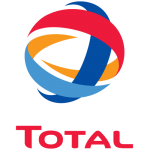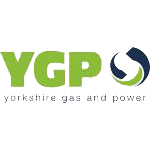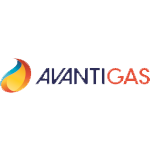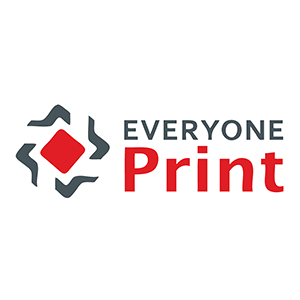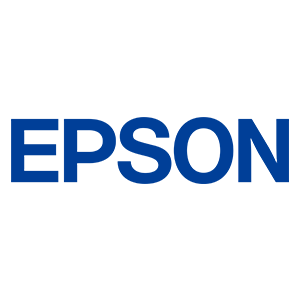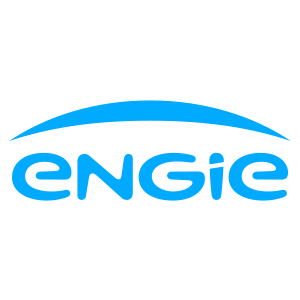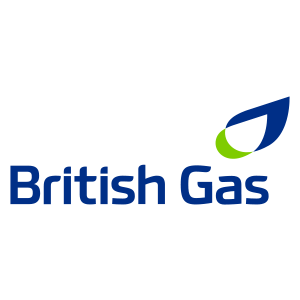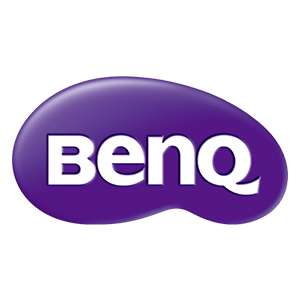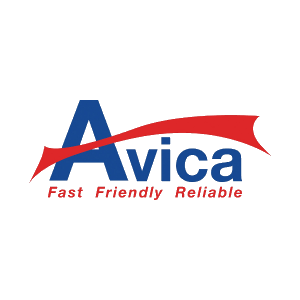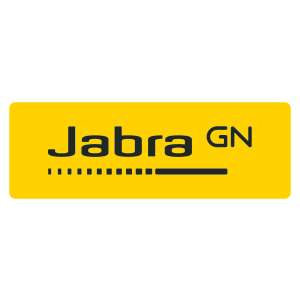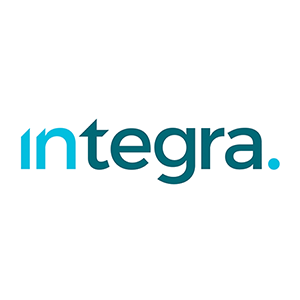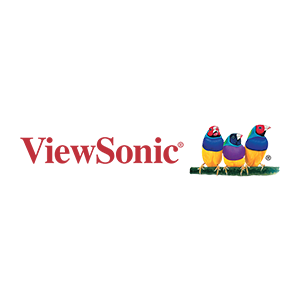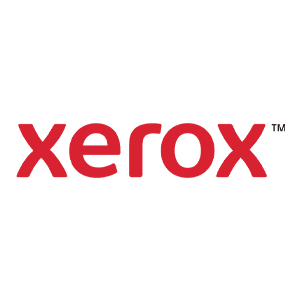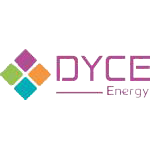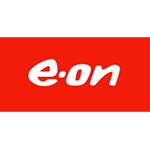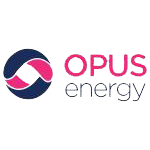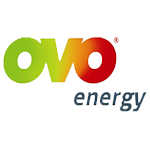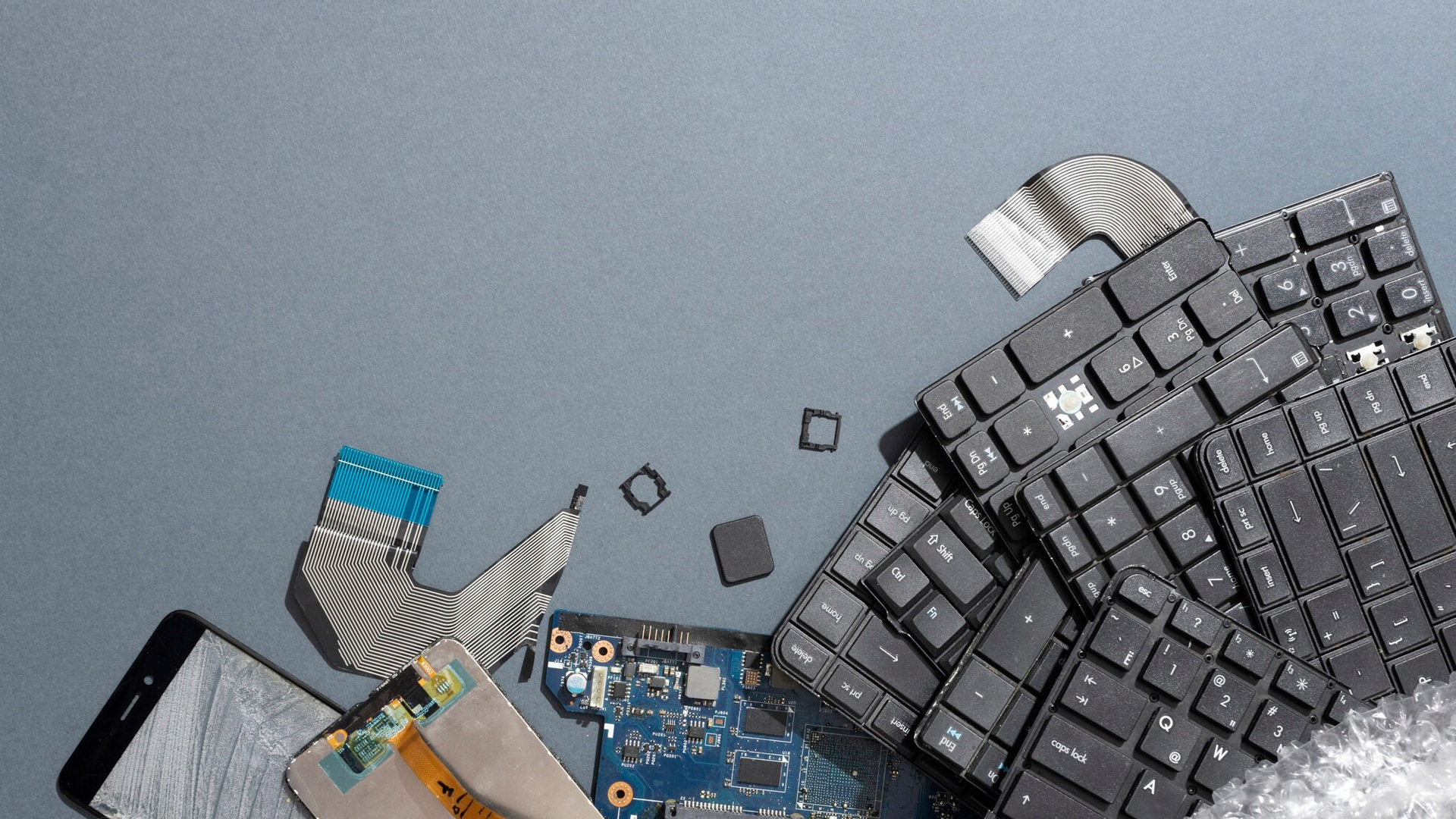
E Waste and Commercial Waste Collection
Talk to us today about how we can help your business
become eco-friendly
Tackling E-Waste
Electronic waste is one of the fastest-growing waste streams on the planet. Over 54 million metric tonnes are created every year, with only 17% correctly recycled. United Client Services are creating a cleaner environment through sustainable and responsible recycling.
By partnering with United Client Services you can ensure your end-of-life assets are correctly recycled so your organisation can become more eco-friendly. We are committed to actioning climate change by reducing e-waste to landfill

Every year millions of electrical and electronic devices are discarded as products break or become obsolete and are thrown away. These discarded devices are considered e-waste and can become a threat to the environment and human health if they are not treated, disposed of, and recycled appropriately.
Children are often involved in waste picking and scavenging, burning discarded e-waste, and the manual dismantlement of items into component parts. In some countries, children may serve as a source of cheap labour and their small hands give them an advantage in taking apart the smallest items. These activities directly expose children to injury and high levels of hazardous chemicals. Working as a waste picker is hazardous labour and is considered one of the worst forms of child labour
Electronic waste (e-waste) is indeed a significant concern for both the environment and human health.
1. Fastest Growing Waste Stream:
- E-waste is the fastest-growing solid waste stream globally1.
- It increases at a rate three times faster than the world’s population.
2. What Is E-Waste?:
- E-waste comprises discarded electrical and electronic devices, such as computers, mobile phones, household appliances, and medical equipment.
- When these devices break or become obsolete, they are thrown away as waste.
3. Environmental and Health Risks:
- Toxic Chemicals: E-waste contains harmful substances like mercury, lead, beryllium, brominated flame retardants, and cadmium.
- Improper Disposal: When mishandled during disposal, these chemicals end up contaminating our soil, water, and air.
4. Hazardous Waste:
- E-waste is considered hazardous because it contains toxic materials or can produce harmful chemicals when treated improperly.
- Toxic substances like dioxins, lead, and mercury pose health risks to humans.
In summary, addressing e-waste requires better recycling practices, stricter regulations, and global cooperation to protect both our environment and vulnerable populations.
As a business owner, here’s what you need to know:
In the United Kingdom, there are specific rules and responsibilities regarding commercial waste.
Minimizing Waste:
You must minimize waste by doing everything reasonably possible to prevent, reuse, recycle, or recover waste (in that order).
- Seek assistance to achieve this goal.
- Safe Sorting and Storage:
- Properly sort and store waste on your premises.
- Ensure safe and secure storage practices.
- Proper management of commercial waste is essential for environmental protection and legal compliance.

GET SOLUTIONS FAST!
Get a quote from the experts
We deliver expert guidance and resources so you can relax on the longer-term net zero journey.
Trusted by Our Suppliers
As a preferred partner to the world’s leading companies, we marry our expertise with the best technology there is to provide the most appropriate solution for your business.
Our higher-level accreditations recognise our superior service levels and our proven ability to understand which technology will deliver the very best results for our clients.
In turn, we receive their highest levels of commercial and technical support – benefits that we pass on to our clients.
Global Reach – EMEA, APAC, AMER
Fully Agnostic Workplace Technology Partner
Sustainable Technology and Services

